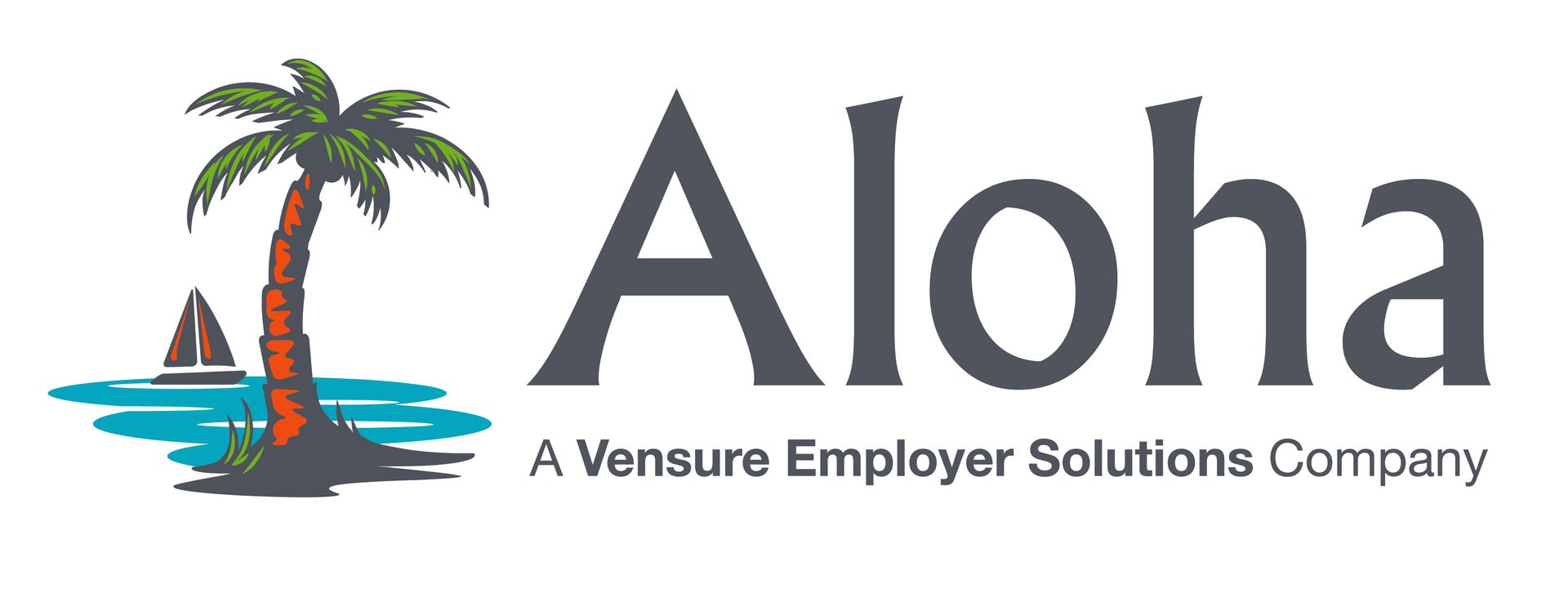Best Practices for Performance Management and Employee Development
Performance management and employee development are crucial aspects of any successful organization. By implementing best practices in these areas, businesses can ensure that their employees are engaged, motivated, and equipped with the skills they need to excel in their roles.
Setting Clear Expectations
One of the best practices for performance management is to establish clear expectations for employees. This involves setting specific, measurable, achievable, relevant, and time-bound (SMART) goals that align with the company's overall objectives. By clearly defining what is expected of each employee, managers can provide a roadmap for success and enable employees to understand how their individual contributions impact the organization as a whole.

Regular Feedback and Coaching
Regular feedback and coaching are essential for employee development. Managers should schedule regular one-on-one meetings with their team members to provide constructive feedback, offer support, and identify areas for improvement. By creating an open and transparent feedback culture, employees can feel empowered to grow and develop their skills.
Training and Development Opportunities
Offering training and development opportunities is another critical aspect of performance management and employee development. Whether it's through workshops, online courses, or mentorship programs, providing employees with the tools and resources they need to enhance their skills can lead to improved performance and job satisfaction.

Recognition and Rewards
Recognizing and rewarding employees for their achievements is an effective way to motivate and retain top talent. Whether it's through monetary incentives, public acknowledgment, or career advancement opportunities, acknowledging employee contributions can boost morale and encourage continued high performance.
Performance Reviews and Appraisals
Regular performance reviews and appraisals are essential for evaluating employee progress and identifying areas for improvement. By conducting fair and objective assessments, managers can provide employees with valuable insights into their performance and offer guidance on how to further develop their skills and capabilities.

Creating a Culture of Continuous Improvement
Finally, creating a culture of continuous improvement is key to fostering employee development. Encouraging employees to take ownership of their professional growth and providing them with opportunities for learning and development can lead to a more engaged and skilled workforce.
By implementing these best practices for performance management and employee development, organizations can create an environment where employees feel supported, valued, and empowered to reach their full potential.
